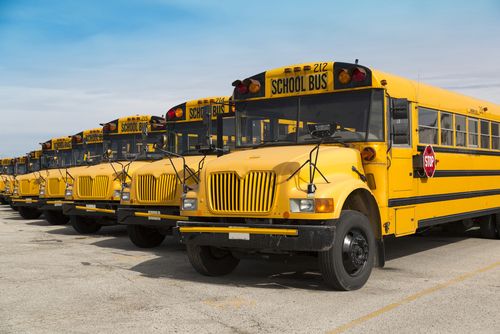After an accident with a city bus, you have options and rights. A bus accident attorney can help you explore your options and protect your rights.
Can You Take Legal Action Against a City for a Bus Accident?
The short answer is yes, but it comes with several important factors. Cities and other municipal entities often enjoy special legal protections, known as sovereign immunity, which can complicate lawsuits against them.
However, these protections are not absolute, and many jurisdictions have laws that allow claims against municipalities under specific circumstances.
Key Factors in City Bus Accident Cases
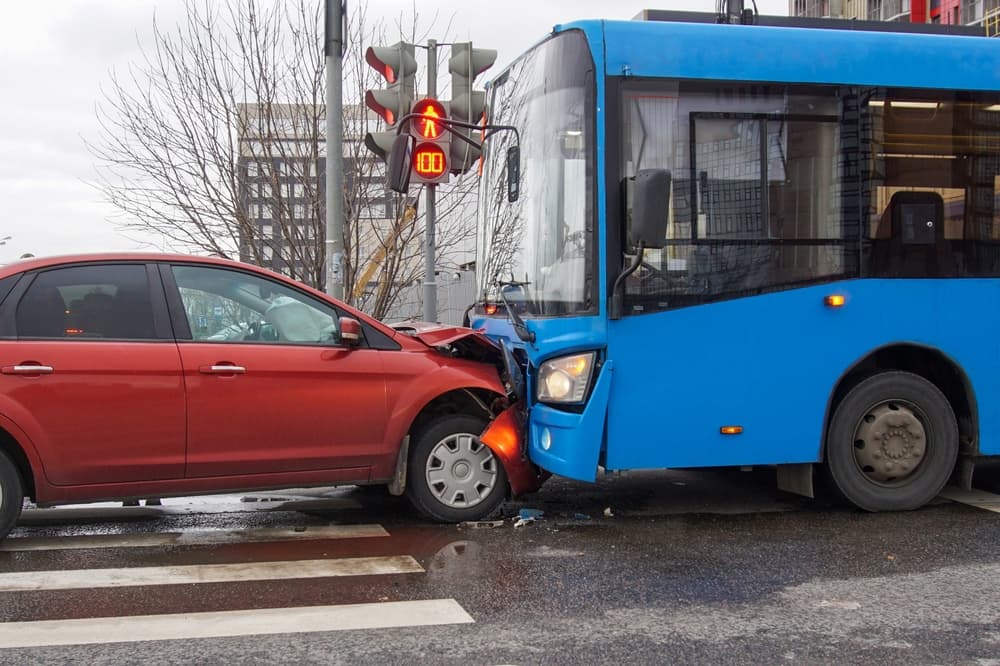
- Negligence: To succeed in a lawsuit, you must prove that the city’s negligence contributed to the accident. This means demonstrating that the city or its employees failed to exercise reasonable care and that failure directly led to your injuries.
- Timely Action: There are often strict deadlines for filing these cases. These deadlines, known as statutes of limitations, can be much shorter for claims against government entities than for typical personal injury cases. Missing these deadlines can result in losing your right to seek compensation altogether.
- Multiple Liable Parties: The city may be one of many responsible parties in your case. Other entities or individuals might share liability, potentially strengthening your claim.
- Notice Requirements: Many jurisdictions require you to file a formal notice of claim with the city before proceeding with a lawsuit. This notice typically must be filed within a specific timeframe and include particular details about your accident and injuries.
- Damage Caps: Some states or local laws limit the compensation you can recover from a government entity. These caps can significantly affect the value of your case.
Potential Negligence in City Bus Operations
Cities must maintain safe public transportation systems. Negligence in bus operations can occur in various ways, and understanding these potential failures can help you build a stronger case:
Personnel Management
- Hiring Practices: Cities must employ qualified, properly licensed drivers. Failing to conduct thorough background checks or hiring drivers with poor safety records can constitute negligence.
- Training: Inadequate or outdated training programs for bus drivers and other personnel can lead to accidents.
- Monitoring and Supervision: Cities should have systems in place to monitor driver performance, including regular evaluations and promptly addressing any safety concerns.
- Fatigue Management: Failure to enforce proper work schedules and rest periods for drivers can result in fatigue-related accidents.
Vehicle Maintenance
- Regular Inspections: Cities must thoroughly inspect their bus fleet to identify and address potential safety issues.
- Timely Repairs: Ignoring or delaying necessary repairs can lead to mechanical failures and accidents.
- Safety Recalls: Failing to address manufacturer recalls promptly puts passengers and others on the road at risk.
- Record Keeping: Proper maintenance logs and records establish a pattern of negligence if an accident occurs.
Infrastructure Issues
- Road Conditions: Cities are responsible for maintaining safe road conditions, including repairing potholes, ensuring proper signage, and effectively managing construction zones.
- Traffic Signal Maintenance: Malfunctioning or improperly timed traffic signals can contribute to accidents.
- Bus Stop Safety: Poorly designed or maintained bus stops can create hazardous conditions for passengers and other road users.
- Route Planning: Ineffective route planning that doesn’t account for traffic patterns or road conditions can increase accident risks.
Other Potentially Liable Parties
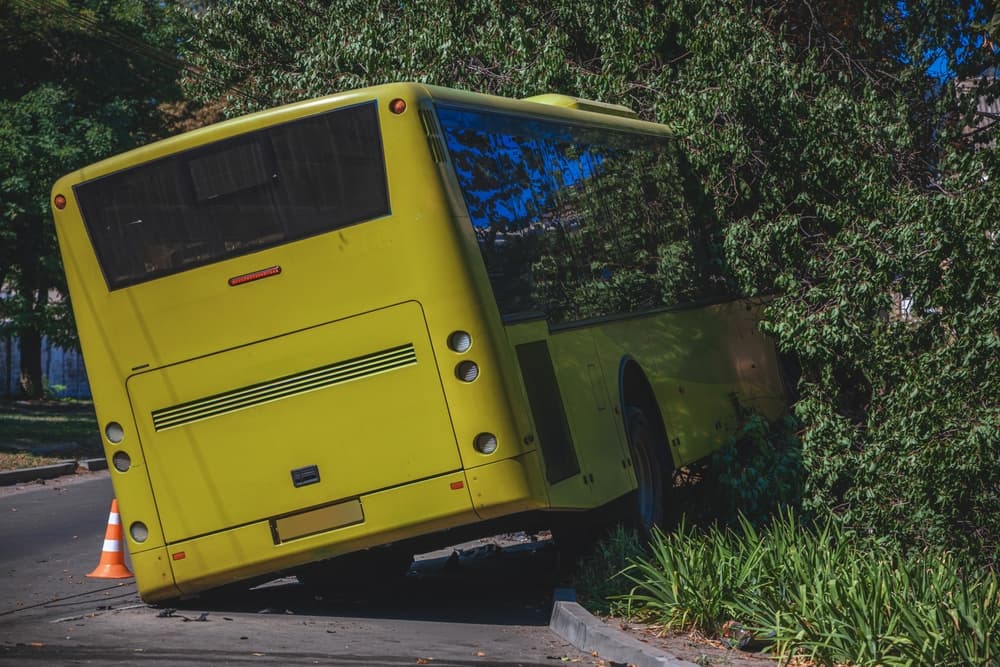
While the city might seem like the apparent defendant in a bus accident case, other parties could share responsibility:
- Bus Manufacturers: If a defective component or design flaw in the bus contributed to the accident, the manufacturer could be liable. Defective components may include issues with brakes, steering systems, or other critical parts.
- Other Drivers: Private vehicles involved in the collision may bear full or partial responsibility. This is particularly relevant in multi-vehicle accidents or situations where another driver’s actions forced the bus into a crash.
- Contracted Companies: Many cities outsource their public transportation services to private companies. In such cases, both the contractor and the city might share liability, depending on the terms of their agreement and the specific circumstances of the accident.
- Maintenance Providers: If an external company serviced the bus, and poor maintenance contributed to the accident, that company could be liable.
- Parts Suppliers: Companies that supply parts for city buses could be responsible if a faulty part causes an accident.
- Construction Companies: In cases where road construction or maintenance work contributed to the accident, the company responsible for the job might share liability.
Understanding the Legal Process
Taking on a city in court requires careful preparation and strategy. Here’s a more detailed look at the steps involved:
Consult an Attorney
Experienced lawyers understand municipal law and can guide you through the process. They can help you:
- Evaluate the strength of your case
- Identify all potentially liable parties
- Handle the specific legal requirements for suing a government entity
- Ensure all deadlines are met
- Negotiate with insurance companies on your behalf
Gather Evidence
Collecting evidence builds a strong case. This may include:
- Accident reports from law enforcement
- Witness statements and contact information
- Photographs and videos of the accident scene, vehicle damage, and your injuries
- Medical records detailing your injuries and treatment
- Expert testimony from accident reconstructionist or medical professionals
- Bus maintenance records and driver logs
- Traffic camera footage or surveillance video from nearby businesses
File Proper Notices
Many jurisdictions require specific notice before you can file a lawsuit against a municipality. This often involves:
- Submitting a formal notice of claim within a strict time frame – Including particular details about the accident, your injuries, and the compensation you’re seeking
- Adhering to precise formatting and submission requirements
- Understand Damage Caps: Research any limits on damages in your jurisdiction. This knowledge can help you set realistic expectations and inform your legal strategy.
- Prepare for Potential Challenges: Anticipate common defenses the city might use.
Consider Alternative Dispute Resolution
Some cases may be resolved through mediation or arbitration, potentially saving time and reducing stress compared to a full trial.
Types of Compensation You May Be Entitled To
If your case is successful, you might recover various types of damages. Understanding these can help you assess the potential value of your claim:
Economic Damages
Medical Expenses:
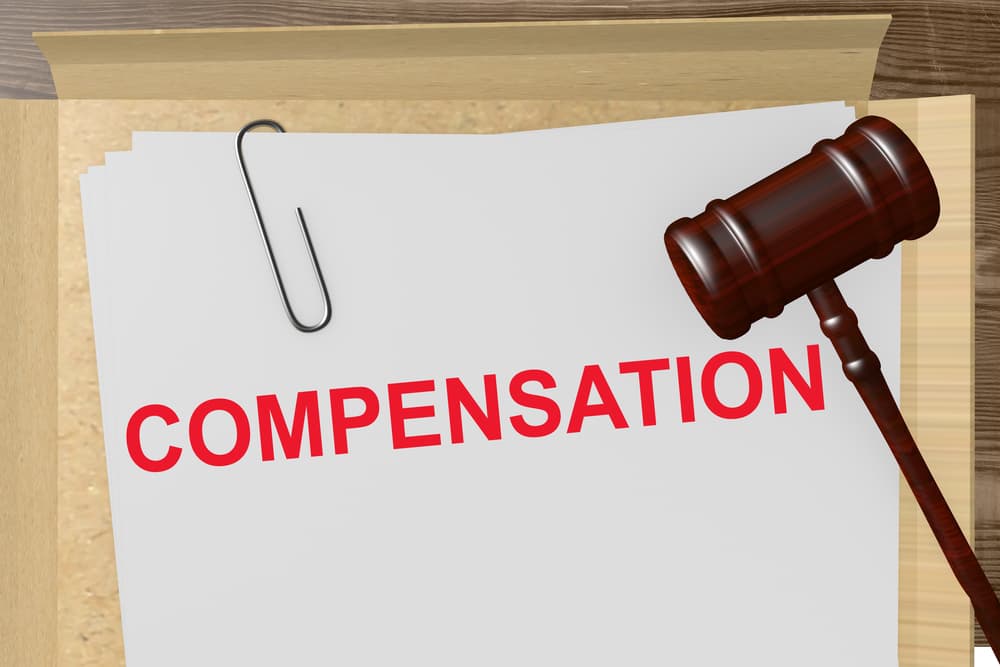
You may be entitled to compensation related to your medical treatment, both current and future. It may cover:
- Emergency room visits
- Surgeries and hospital stays
- Medication and medical equipment
- Physical therapy and rehabilitation
- Future medical care for ongoing issues
Lost Wages:
Compensation for income lost due to your injuries, including:
- Time missed from work for recovery and medical appointments
- Reduced earning capacity if your injuries affect your ability to work in the future
- Lost benefits, bonuses, or other employment perks
Property Damage:
Reimbursement for any personal property damaged in the accident, such as your vehicle, phone, or other belongings.
Non-Economic Damages
- Pain and Suffering: Compensation for physical pain and emotional distress caused by the accident and your injuries
- Loss of Enjoyment of Life: Damages for the impact your injuries have had on your ability to enjoy daily activities, hobbies, or relationships
- Emotional Distress: Compensation for psychological impacts such as anxiety, depression, or PTSD resulting from the accident
Punitive Damages
In rare cases involving extreme negligence or intentional misconduct, punitive damages are awarded to punish the wrongdoer.
Wrongful Death Claims
In tragic cases involving fatalities, families may pursue wrongful death claims, which can include:
- Loss of financial support
- Loss of companionship and guidance
- Funeral and burial expenses
- The deceased’s pain and suffering before death
It’s important to note that the availability and limits of these damages can vary significantly depending on your jurisdiction and the specific circumstances of your case.
Steps to Take After a City Bus Accident
Taking the right actions immediately after a bus accident can significantly impact your ability to seek compensation later:
- Seek Medical Attention: Your health is the top priority. Even if you feel fine, some injuries may not be immediately apparent. Prompt medical care ensures your well-being and creates an official record of your injuries.
- Report the Incident: Ensure there’s an official accident record. Report it to the police and the bus company or transit authority. Get a copy of the accident report for your records.
- Document Everything:
- Take photos of the accident scene, vehicle damage, and your injuries
- Gather contact information from witnesses
- Write down your recollection of the event as soon as possible
- Keep all medical records, bills, and receipts related to your injuries
- Avoid Early Settlement Offers: Don’t accept offers after understanding the full extent of your damages. Initial offers are often lower than what you may be entitled to receive.
- Be Cautious with Statements: Avoid making statements about fault or the extent of your injuries to insurance representatives or city officials without legal counsel.
- Contact an Attorney: Get professional legal advice immediately. An experienced attorney can help protect your rights and guide you through the process of claiming against a municipality.
- Follow Medical Advice: Adhering to your treatment plan and attending all follow-up appointments demonstrates the seriousness of your injuries and can prevent arguments that you exacerbated your condition.
- Preserve Evidence: Keep any physical evidence related to the accident, such as damaged personal items or torn clothing.
- Stay Off Social Media: Avoid posting about the accident or your injuries on social media platforms, as these posts can potentially be used against you in your case.
The Role of Insurance in Bus Accident Claims
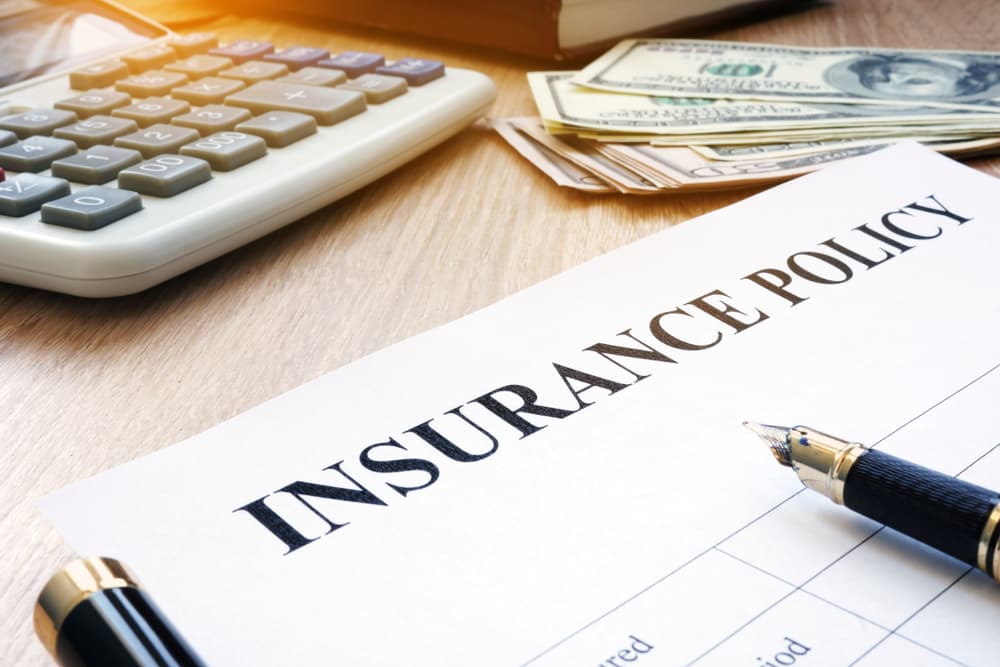
While lawsuits are an option, many cases are resolved through insurance claims.
- Municipal Insurance: Cities often carry liability insurance or are self-insured up to a certain amount. Your claim may be handled by the city’s insurance adjuster or risk management department.
- Multiple Policies: In cases with multiple liable parties, you may deal with several insurance companies, each with its own policies and procedures.
- No-Fault Insurance: In some states, your insurance may cover part of your damages regardless of who was at fault for the accident.
- Underinsured/Uninsured Motorist Coverage: If other vehicles are involved and lack sufficient insurance, your policy might provide additional coverage.
- Negotiations: Your attorney can help navigate negotiations with the city’s insurance provider, potentially avoiding lengthy court proceedings. This process often involves.
- Bad Faith Practices: Insurance companies must handle claims in good faith. If they engage in unfair practices, you may have additional legal recourse.
Protecting Your Rights and Future: Talk to an Attorney Today
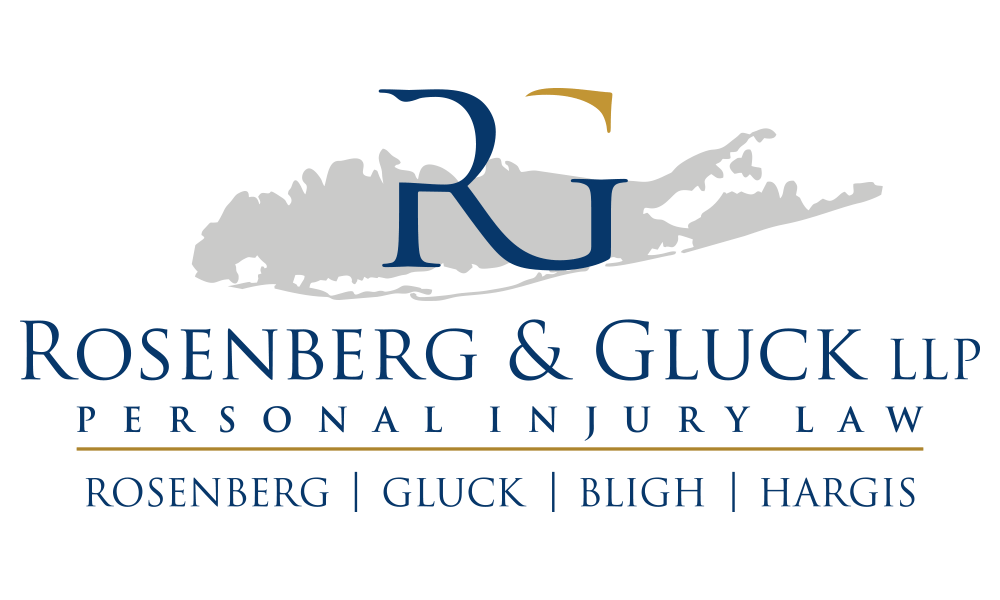
A city bus accident can have long-lasting impacts on your life, affecting your physical health, emotional well-being, and financial stability. By understanding your rights and the legal process, you’re better equipped to seek the compensation you deserve. That’s where the personal injury attorneys at Rosenberg & Gluck LLP come in.
With the right approach and legal support, you can hold negligent parties accountable and secure the resources you need for recovery. Contact us today for a free consultation.

